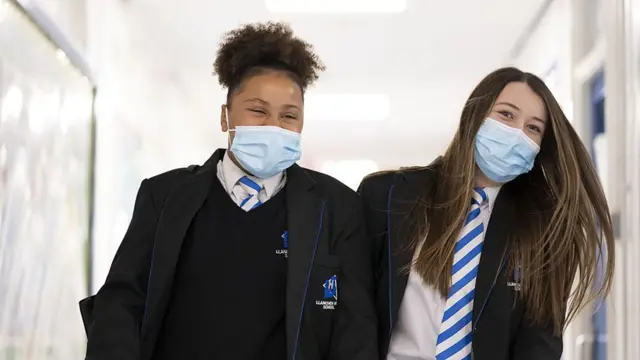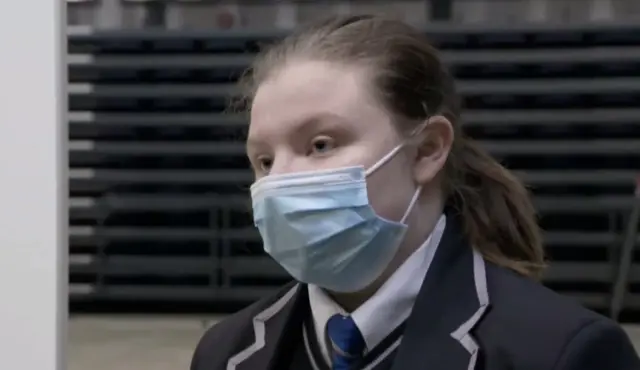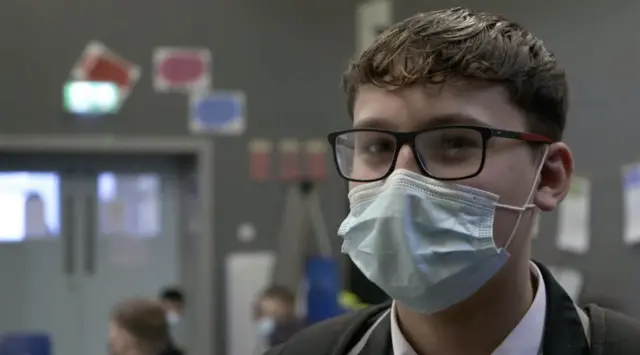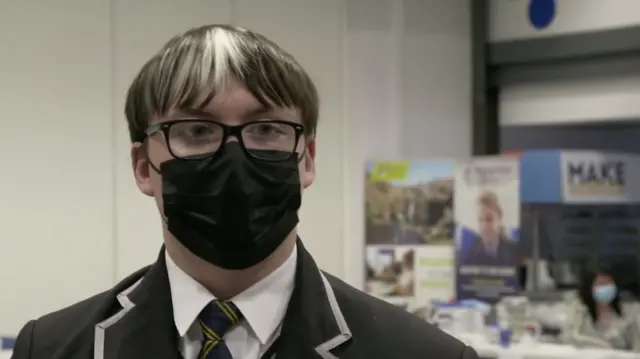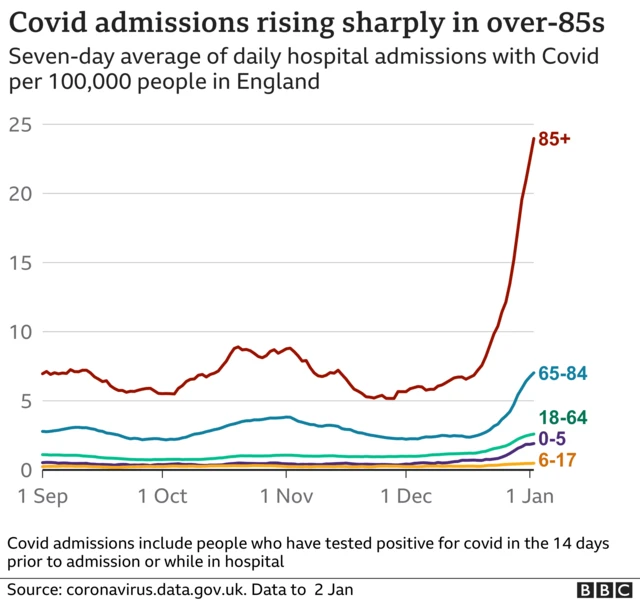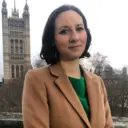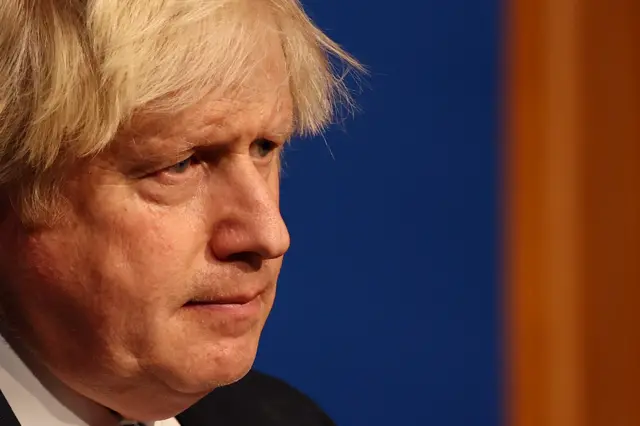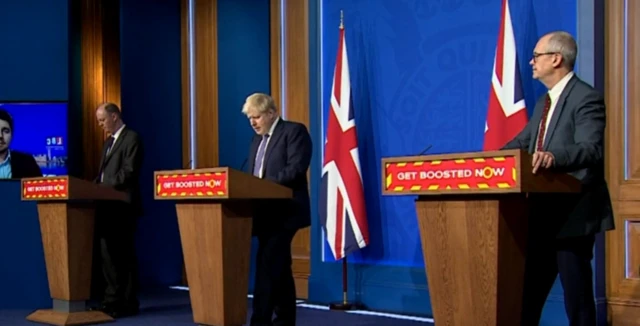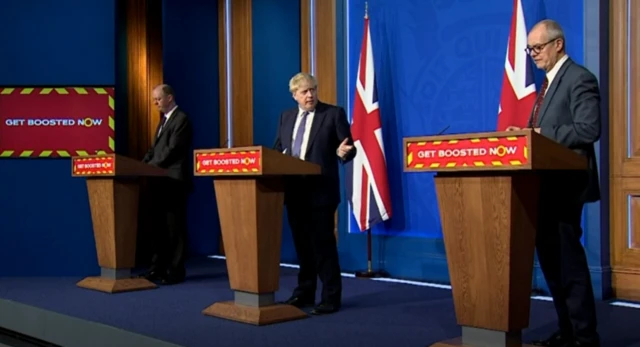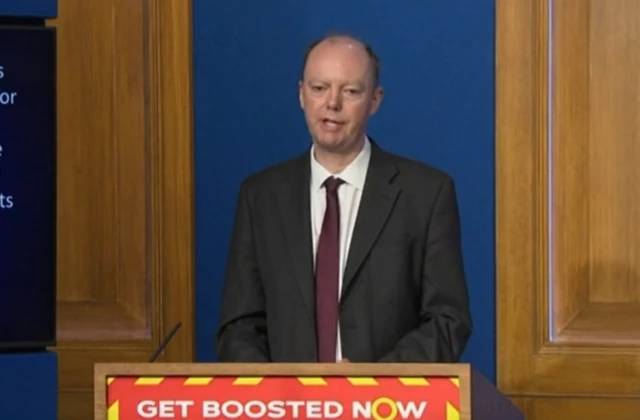Tuesday's round-uppublished at 18:59 GMT 4 January 2022
As we bring our live coverage to a close for another day, here's a recap of some of today's main stories from the UK and around the world:
- Prime Minister Boris Johnson tells a Downing Street press conference this is a moment for utmost caution and warns the weeks ahead will be challenging. As he again urges people to get their booster vaccinations, he says there's a "good chance" of getting through the Omicron wave without any more restrictions
- Some 100,000 critical workers are set to take daily Covid tests from next week to try to reduce the spread of the virus to colleagues
- Labour leader Sir Keir Starmer says more children should have been vaccinated over the Christmas holidays to ensure schools could stay open
- The UK records more than 200,000 coronavirus cases in a day for the first time, but that's affected by a backlog in reporting from Wales and Northern Ireland over the New Year period
- Meanwhile, the US records more than one million new Covid cases as officials warn the Omicron peak is yet to come
- France's most famous TV twins, Grichka and Igor Bogdanoff, die of Covid six days apart
- And world men's tennis number one Novak Djokovic will defend his Australian Open title later this month after receiving a medical exemption from having a Covid vaccine
Today's updates were written by Francesca Gillett, Marie Jackson, Alexandra Fouche, Doug Faulkner, Nathan Williams, James Harness and George Wright. The page was edited by James Clarke, Chris Clayton and Kevin Ponniah.
Do join us again tomorrow.

